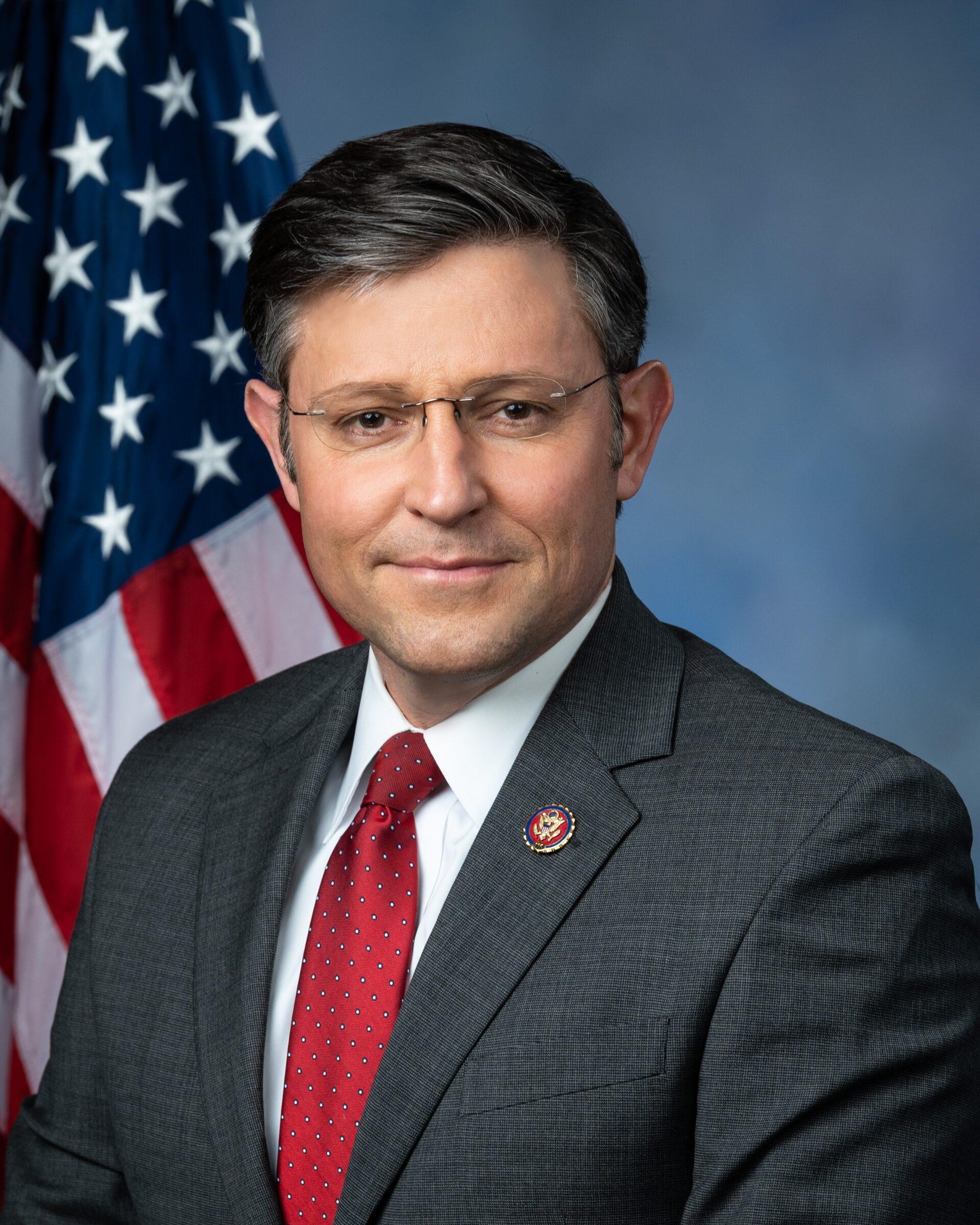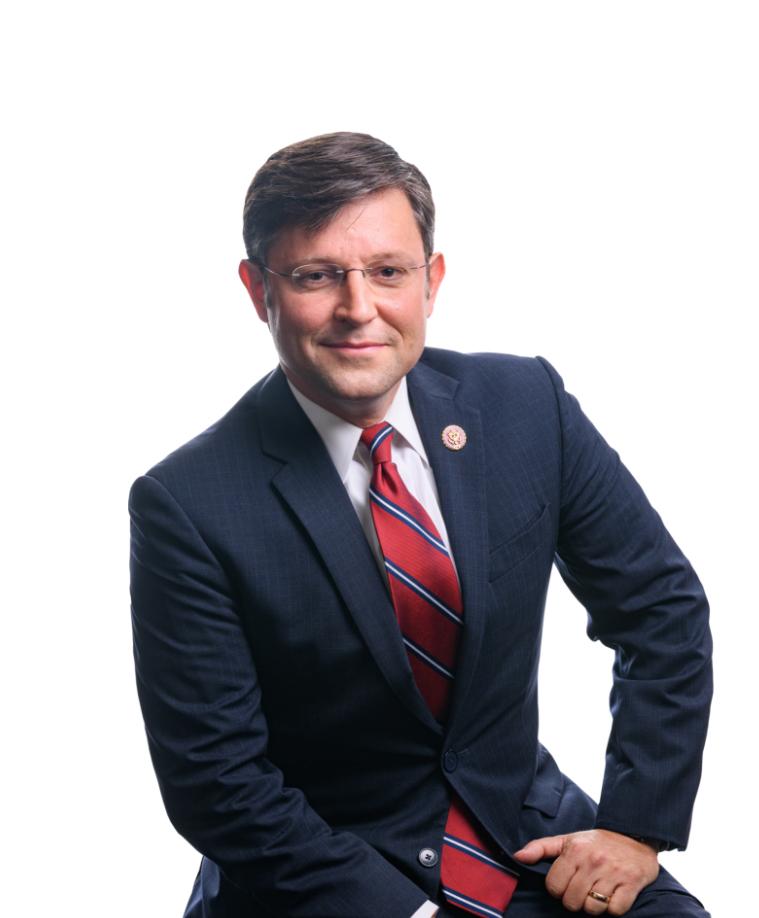In the labyrinth of historical claims and political rhetoric, a recent assertion by Mike Johnson has stirred a scholarly hornet’s nest. The Louisiana congressman’s attribution of a profound prayer to Thomas Jefferson seems compelling at first glance—but beneath the surface lies a narrative more complex than a simple quotation. As the threads of historical accuracy are carefully unraveled, a compelling story emerges that challenges conventional narratives and invites readers to peer beyond the veneer of convenient political storytelling. In a recent discourse that has stirred historical debate, House Speaker Mike Johnson invoked the name of Thomas Jefferson while discussing the significance of prayer, but historians and scholars are quick to point out the potential misrepresentation of Jefferson’s complex religious views.
Johnson’s claim suggests a straightforward alignment between Jefferson’s beliefs and contemporary evangelical perspectives, yet the historical record reveals a far more nuanced narrative. Jefferson, renowned for his intellectual prowess and founding principles, maintained a distinctly unconventional approach to religious doctrine that defies simplistic categorization.
The founding father’s relationship with religion was characterized by critical examination and philosophical skepticism. His personal writings, including the infamous Jefferson Bible, demonstrate a radical reinterpretation of Christian scriptures, where he systematically removed supernatural elements, focusing instead on ethical teachings and moral philosophy.
Jefferson’s theological stance was heavily influenced by Enlightenment thinking, embracing rationalism and challenging traditional religious interpretations. He was a proponent of separating church and state, believing that personal faith should remain a private matter disconnected from governmental mechanisms.
Scholarly research reveals that Jefferson’s understanding of prayer and divine intervention fundamentally differed from contemporary conservative interpretations. He viewed religious practices through a lens of reason, rejecting literal biblical narratives and miraculous interventions.
The historical context surrounding Jefferson’s religious perspectives is crucial for understanding the complexity of early American philosophical thought. While he respected religious freedom, he was simultaneously critical of institutional religious structures and dogmatic practices.
Contemporary political figures like Johnson often selectively interpret historical narratives, presenting simplified versions that align with current ideological frameworks. This approach risks misrepresenting the intellectual depth and nuanced perspectives of America’s founding generation.
Jefferson’s writings consistently emphasized intellectual independence, critical thinking, and the importance of questioning established doctrines. His approach to spirituality was deeply personal, rejecting rigid theological constructs in favor of rational philosophical exploration.
The ongoing debate surrounding Jefferson’s religious beliefs underscores the importance of comprehensive historical understanding. Reducing complex philosophical perspectives to convenient soundbites undermines the intellectual richness of early American political and religious discourse.
Historians and scholars continue to investigate and interpret Jefferson’s extensive writings, seeking to provide a more comprehensive and nuanced understanding of his theological perspectives. The challenge lies in moving beyond reductive interpretations and embracing the multifaceted nature of historical thought.
As political conversations continue to invoke historical figures, it becomes increasingly important to approach such references with critical analysis, recognizing the depth and complexity of individual belief systems that cannot be easily condensed into contemporary political narratives.





